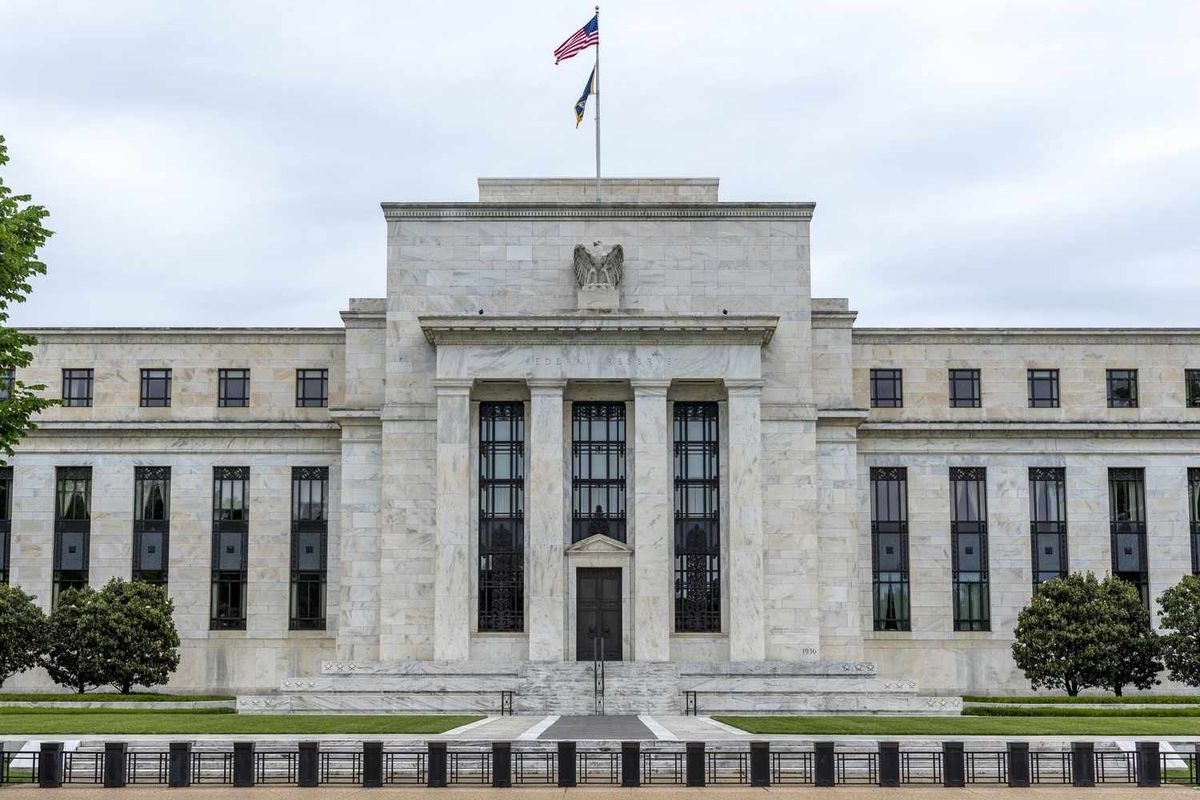US Federal Reserve keeps interest rate unchanged
In a rare show of discord, two top Fed governors dissented, calling for an immediate rate cut
Business Desk
The Business Desk tracks economic trends, market movements, and business developments, offering analysis of both local and global financial news.

The U.S. Federal Reserve announced Wednesday that it is keeping its benchmark interest rate unchanged at 4.25% to 4.5%, maintaining its policy stance for the fifth consecutive meeting.
But in a rare show of discord, two top Fed governors dissented, calling for an immediate rate cut — a division not seen in over 30 years.
Fed Governor Christopher Waller and Vice Chair for Supervision Michelle Bowman both voted in favor of a 25-basis-points rate cut, citing concerns about economic risks and the need to support growth. Their dissent marks the first time since 1993 that more than one sitting governor opposed a policy decision by the Federal Open Market Committee (FOMC).
A divided Fed, a pressuring White House
The split underscores the challenging environment facing the central bank, which finds itself caught between cautious economic stewardship and intense political pressure.
President Donald Trump has repeatedly called for lower interest rates, arguing that his administration’s tariff-driven trade policy is not inflationary and that lower rates would boost economic growth. “There is no inflation,” Trump has claimed, urging the Fed to be more aggressive in cutting borrowing costs.
However, many central bankers remain wary of inflationary risks stemming from Trump’s trade war. The Fed’s decision to hold rates steady reflects its preference to wait for more data before adjusting policy, especially amid ongoing price pressures from imported goods and global economic uncertainty.
Rising inflation
While the White House celebrated a strong second-quarter GDP report earlier in the day, the data revealed a less welcome development: core inflation — the Fed’s preferred gauge — rose to 3% in the first half of the year, surpassing last year’s 2.8% and significantly overshooting economists’ 2.2% forecast.
“I don’t think people appreciate just how much re-inflation we’ve had,” said Jason Furman, Harvard economist and former adviser in the Obama and Biden administrations, in a statement Wednesday.
The Fed’s decision reflects a delicate balancing act: while growth remains solid, inflationary pressures and uncertainty over trade policy have complicated its outlook. The unusual dissent suggests that the debate inside the central bank is intensifying, and that future policy decisions may not be as unified as in the past.










Comments
See what people are discussing